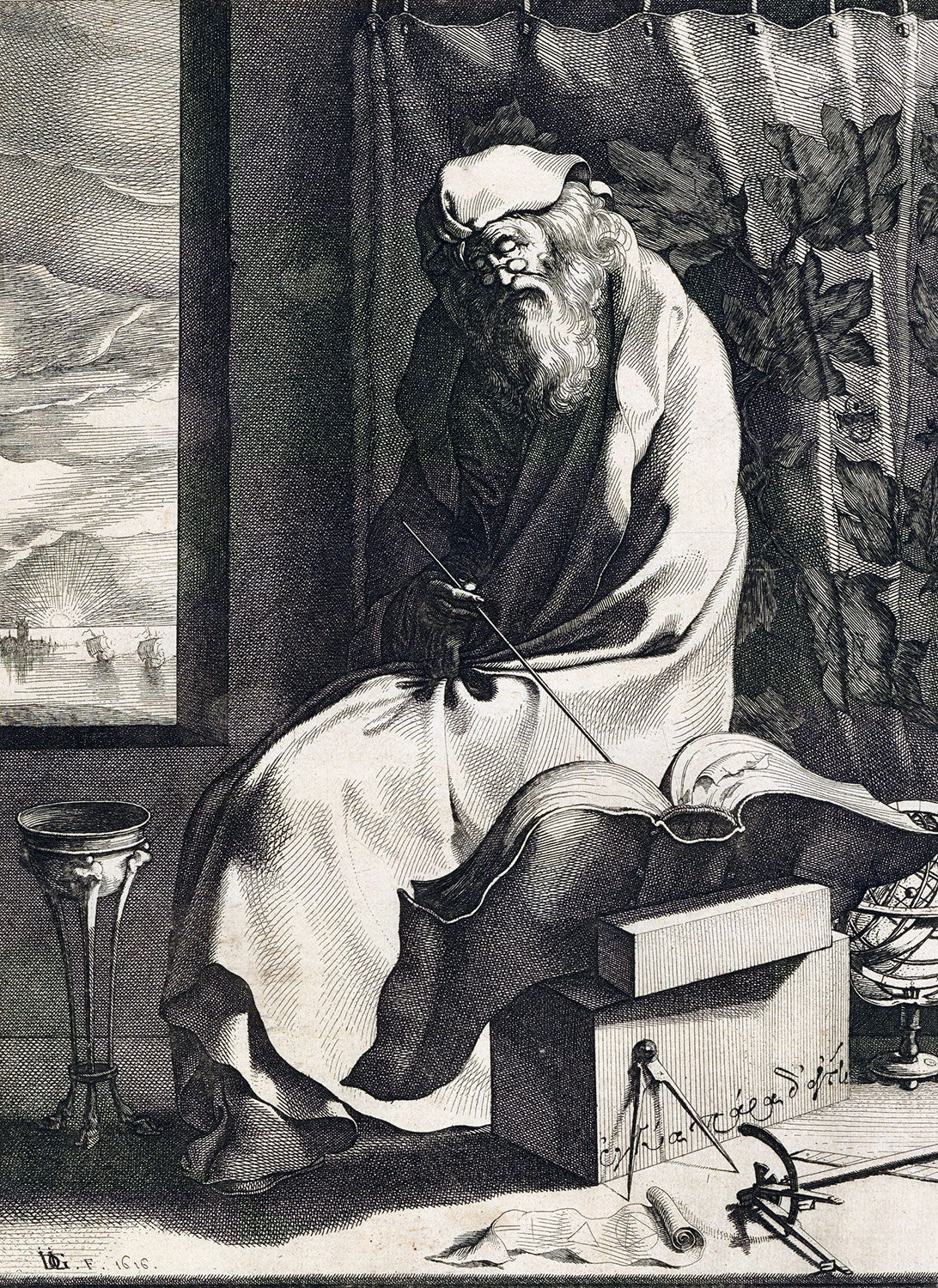Montaigne 1.39

A man must give to thriving husbandrie, to laborious study, to toilesome hunting, and to every other exercise, the utmost bounds of pleasure; and beware he engage himselfe no further, if once paine begin to intermeddle it selfe with her; we should reserve businesse and negotiations only for so much as is behoovefull to keepe us in breath, and to warrant us from the inconveniences which the other extremitie of a base, faint-harted idlenesse drawes after it. There are certaine barren and thornie sciences, which for the most part are forged for the multitude: they should be left for those who are for the service of the world. As for my selfe, I love no books but such as are pleasant and easie, and which tickle me, or such as comfort and counsell me, to direct my life and death. […] The wiser sort of men, having a strong and vigorous mind, may frame unto themselves an altogether spirituall life. But mine being common, I must help to uphold my selfe by corporall commodities: And age having eftsoones dispoiled me of those that were most mutable to my fantasia, I instruct and sharpen my appetite to those remaining most sortable this other season. We must tooth and naile retaine the use of this lives pleasures, which our yeares snatch from us one after another
Montaigne on solitude is an odd mishmash of stoic bullying, Renaissance Realpoliticking, and obtuseness. It has a well-fed atmosphere, and hazy, as he tries to negotiate the tension between a desire for reputation, a desire for leisure, and a need to retire from the cares of the world, while also making sure the household (and the matters of daily living) are thought of. Much of the intellectual content of the essay is lifted more or less directly from Seneca, although the (dis)ordering of it is entirely Montaigne’s.
